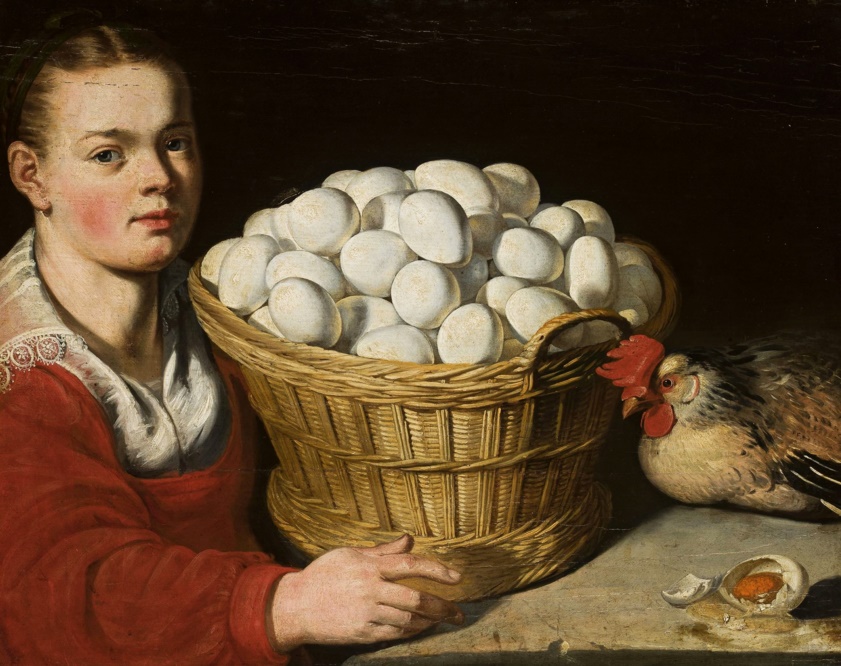
WHO's omeletting our future?
- Martin Enlund
- 9/22/23
The World Health Organization (WHO) is approaching revisions to its constitution. The International Health Regulations (IHR) is considered a legally binding international instrument, applicable to 196 countries .
Initiated in January 2022, these modifications have been under deliberation within the World Health Organization’s governing body, the World Health Assembly, during both its May 2022 and May 2023 sessions. Two months from now, in November 2023, nations not in favor of the IHR amendments adopted during these annual meetings must express their dissent unequivocally.
Note: this article is available in Swedish
Among the proposed changes are wordings which reportedly translate to requiring countries to “commit ” to following WHO’s guidelines.
Sweden charted its own course during the pandemic, opting to keep schools open and maintain a (relatively) unrestricted society. Criticism arose from multiple sources, both domestically and on the international stage. However, statistics from last spring revealed that Sweden had the lowest excess mortality among all EU countries and the Nordic nations. The debate over whether Sweden made the correct decision will persist. Nevertheless, one thing is indisputable: Sweden had the autonomy to make its own decision. If these new regulations impede Sweden’s capacity to determine its own path, what then? Is it prudent idea to gather all the world’s eggs in one basket and entrust them to the WHO?
Last year, the organization’s current chief, Tedros Adhanom Ghebreyesus, chose to declare “a public health emergency of international concern” regarding monkeypox. He issued the WHO’s highest alert, a decision that overruled a dissenting expert panel. Interesting, considering the usual call to ‘follow the science’.
The same organization chose in 2020 to alter its recommendations regarding face masks. At that time, the organization reportedly didn’t change its stance based on scientific evidence; there was none. The change came about due to political pressures.
The organization’s former director-general, Margaret Chan, has previously stated that 70% of the organization’s budget is earmarked : “… only 30% of my budget is predictable funds. Other 70%, I have to take a head and go around the world to beg for money. And when they give us the money, it is highly linked to their [the donors] preferences”. The budget “is driven by what I call donor interests ”.
If more than two-thirds of the World Health Organization’s budget depends on contributions from China, billionaire’s foundations , or other major organizations, is there not a potential risk that the donors’ desires may not align with our own? Or that the WHO’s decision-making won’t be based on democratic or even on scientific principles - as the previous examples indicate?
There was a time when it was acknowledged that individuals, institutions, and nations should have substantial autonomy to steer their own course. That encouraging diversity in agriculture and forestry was to be favored over imposing uniformity. The same applies to nations. Putting all our eggs in one basket has always been a catastrophically bad idea – what if the WHO chief were to stumble during his or her walk?
It would be best to continue keeping our eggs in our own basket - after all, we wouldn’t want to risk making an omelette out of our future, or would we?
If you wish to subscribe, sign up here!
Cover image: Girl with a basket of eggs. Source: Wikimedia Commons


